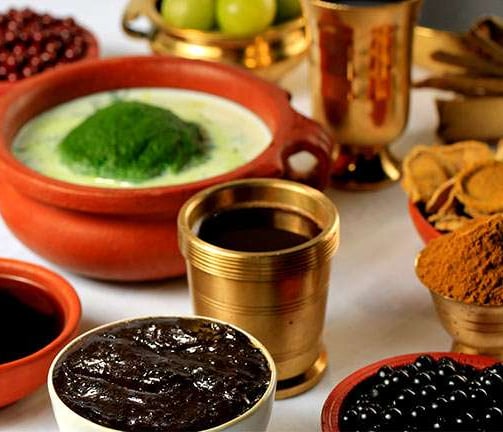"Vedic Gyan"


Ayurveda, which translates to "the science of life" or "the knowledge of longevity," is an ancient holistic system of medicine that originated in the Indian subcontinent. It is considered one of the oldest medical systems in the world and has its roots deeply embedded in the ancient culture and philosophy of India. The origins of Ayurveda can be traced back over 5,000 years, making it a significant part of India's rich history.
The historical development of Ayurveda is complex and intertwined with various cultural, philosophical, and medical influences. Here's a brief overview of its origin:
Vedic Period (Around 1500–500 BCE):
Ayurveda's earliest references are found in the Vedas, which are the oldest sacred texts of Hinduism. The Rigveda, for instance, contains hymns that mention the use of various herbs for healing.
The Atharvaveda, one of the four Vedas, contains detailed descriptions of illnesses, medicinal plants, and therapeutic practices.
Classical Period (Around 500 BCE–500 CE):
During this period, Ayurveda began to be systematized and organized into comprehensive texts.
The "Charaka Samhita" and "Sushruta Samhita" are two of the most influential classical Ayurvedic texts. The Charaka Samhita focuses on internal medicine, while the Sushruta Samhita deals with surgery.
Golden Age (Around 500–1500 CE):
Ayurveda continued to evolve and gain prominence, becoming an integral part of Indian culture and society.
The "Ashtanga Hridaya" by Vagbhata is another important Ayurvedic text that further compiled and refined earlier teachings.
Post-Classical Period and Later Influence:
Ayurveda's influence spread beyond India to other parts of Asia, including Tibet, China, and Southeast Asia.
It faced challenges during periods of foreign rule, but it still persisted as a significant medical tradition.
Modern Era and Revival:
Ayurveda faced decline during the colonial era, as Western medicine gained dominance. However, efforts to revive and preserve Ayurvedic knowledge began in the late 19th and early 20th centuries.
Today, Ayurveda is recognized as an official system of medicine in India and continues to be practiced and studied worldwide.
Ayurveda is characterized by its holistic approach, which considers an individual's physical, mental, emotional, and spiritual well-being. It emphasizes the balance between the body, mind, and spirit, and it promotes the use of natural remedies, dietary guidelines, yoga, meditation, and lifestyle practices to maintain health and prevent illness.
It's important to note that while Ayurveda has a rich history and many valuable insights, its traditional practices should be approached with caution and in consultation with qualified practitioners, especially when considering treatments for specific medical conditions.











